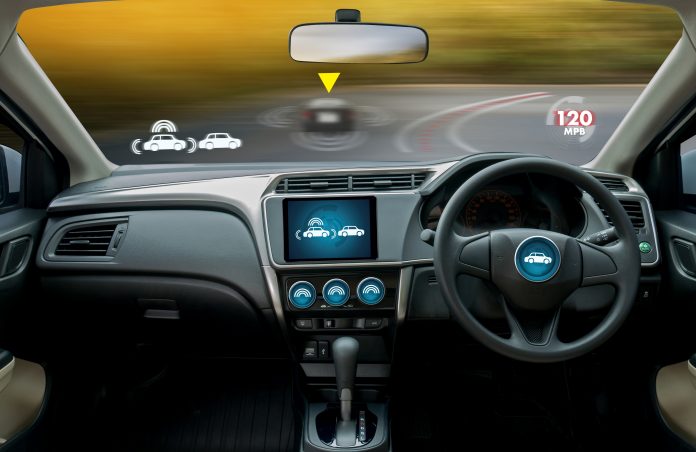Autonomous cars are on course to make major changes to the motor industry. Mark Barclay, from GSF Car Parts, offers his advice for parts suppliers concerned about where that leaves them
Autonomous vehicles may sound like something from a sci-fi movie, but driverless cars designed for public use are already starting to emerge and are predicted to dominate many roads in the near future.
They’re bound to be popular, as they have the potential to decrease insurance rates while increasing fuel efficiency. Private hire vehicle services will also eventually become cheaper and more convenient, as the lack of human drivers means that these companies won’t have to pay wages and will be able to afford to have more cars on the road to meet demand.
If we do get the ability to summon driverless cars at the push of a button, there are concerns that fewer people will own their own vehicles and opt for this more convenient method of transport instead. This could have a knock-on effect on the car parts retail industry, and many businesses may be affected if the average consumer stops keeping their own car.
However, the rise of autonomous vehicles also prevents new opportunities for these businesses and could even lead to new exciting prospects. So, below are just some of the ways that car parts suppliers can adapt to the changing market to not only survive but flourish.
Become battery and software specialists
If previous significant events are anything to go by, the motor industry is slow at adapting to major change. Resistance from leading car manufacturers when it came to designing electric cars, for example, meant that many stakeholders became impatient and new businesses such as Tesla were set up to pioneer development instead.
Similarly, slow reactions to autonomous driving technology within the industry means that software specialists like Google and Apple have taken the lead instead. So, car parts suppliers should follow in the footsteps of Apple, Google and Tesla and get on board with the latest developments by adapting to become battery and software specialists. These two areas of focus will be key when driverless cars are commonplace, as there will be a greater emphasis on electric power sources and technology.
Focus on safety systems and equipment
A recent survey revealed that the UK’s biggest worry when it comes to autonomous cars is safety, particularly the consequences of equipment or system failure, with 44.8% of people saying this was a major concern (Alphr).
Autonomous vehicles are entirely dependent on sensors to operate, as well as avoid collisions and other hazards. You likely already stock parking sensors and similar tech, but with the focus of the industry on driverless cars, this technology will get more complex, and much more in demand.
Car part suppliers should prepare their inventories in advance to keep up with the need for sensors, robots, and other software technologies that will be prevalent in the autonomous cars of our near future.
Form partnerships and alliances
In technology, you have to be vigilant and adapt quickly to updates so it pays to have good relationships with software developers and technology concept creators. You could become an official stockist this way, or at the very least be kept abreast of the latest news and advancements.
And, while tech giants like Tesla, Apple and Google are paving the way, car manufacturers such as Mercedes Benz and Volvo are developing their own driverless technology too. So, if you don’t have any alliances with local dealerships, it’s a good idea to start networking as soon as possible.
You should also build links with companies likely to utilise this technology, such as Uber, local chauffeurs and private vehicle hire businesses. They’re more likely to keep you in mind as a trusted partner if you engage with them and embrace driverless cars early on.
These are just some of the ways that car parts suppliers can adapt to a market that’s due to change with the rise of autonomous cars. Your approach may need to change, but your business won’t necessarily suffer if you get on board early.











